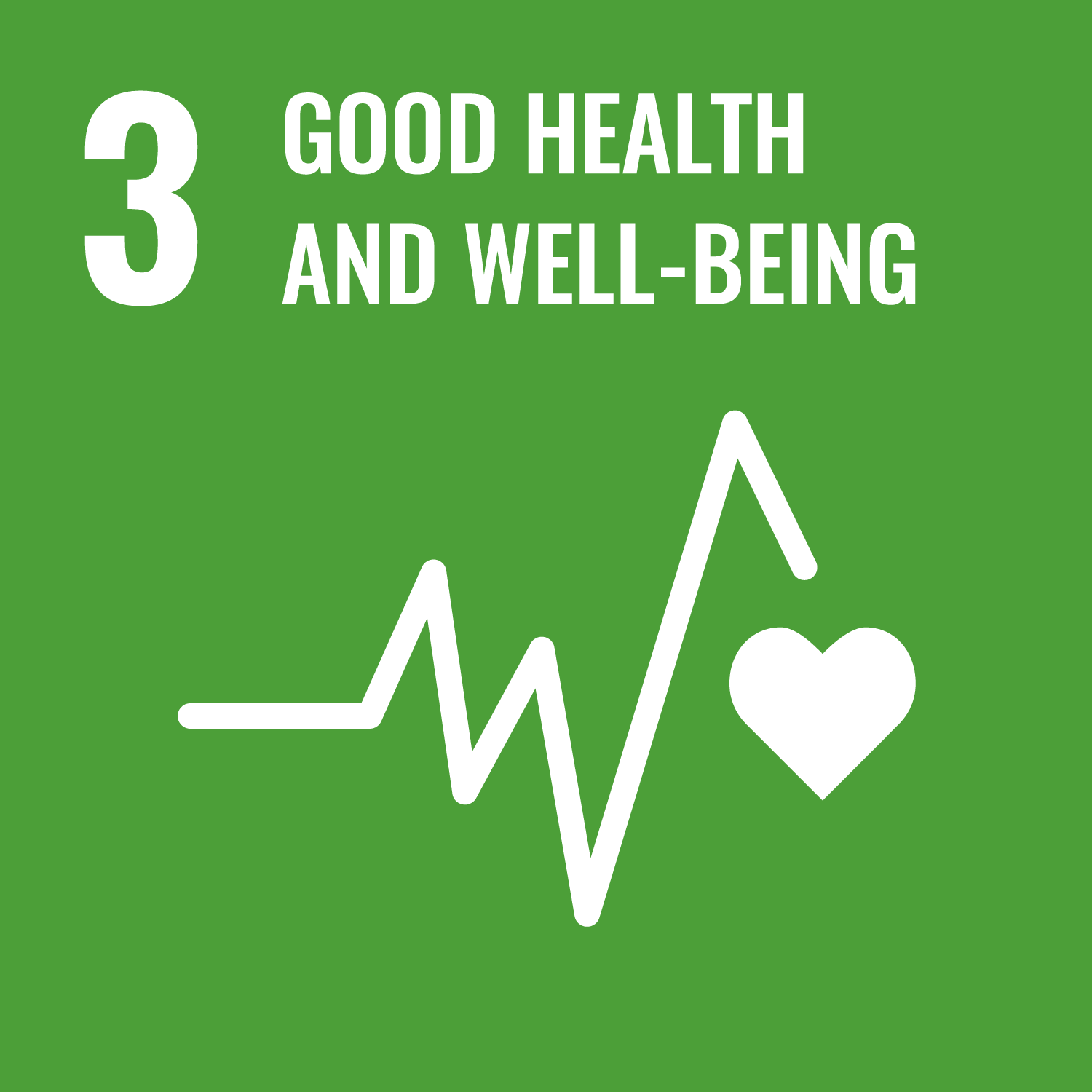Small Luk (she/her) is an intersex activist who founded the organisation Beyond Boundaries – Knowing and Concerns Intersex in Hong Kong. Small has completed her education, earning degrees in social work, and traditional Chinese medicine, as well as a master’s degree in gender studies at Chinese University in Hong Kong.
As an intersex person, why is intersex awareness important to you?
Intersex Awareness is important because if you don’t know what intersex is, and if you don’t know our intersex stories, you won’t know how to talk to us, or understand the discrimination we face. Intersex people are around, and if you know about intersex, you won’t do the wrong thing to us.
Intersex Awareness Day is a significant day, but it is only one day. We cannot just depend on just one day, we need to have more focus on the suffering that intersex people face.
How did you become an intersex activist?
I found that there is not just me, but there is other intersex people, and there are so many intersex children that have suffered from intersex surgery. I used to think that I was just the only one. Now I know that there were many people who have suffered like I have. Now I cannot stop myself to help them to help relieve their suffering. At first, I didn’t know what I can do, but I just found out more, and I worked on it, and contribute to our community and it has now been 10 years since I have been an activist and working to spread awareness about intersex people and promote the rights of intersex people.
In China, there is a one child policy, and they murder the girl child, or disabled child, and no one recognised that if that child is an intersex baby, it will also be killed under a one child policy. I tell the United Nations, you cannot recognise intersex baby as different, we are not an illness and not disabled.
What inspires you to advocate for social change?
At the beginning of this work, I met some LGBT activists and I met some intersex activists, and I learnt so much – like Mani (another intersex activist) from New Zealand. These activists stand up to the discrimination and they continue to work for their community. Since I am a social worker in Hong Kong, This inspires to to continue step by step to learn. We don’t know what will happen from one meeting, one sharing, something can happen here, so I keep doing this work.
What are some of the challenges you face in advocating for more inclusion of intersex people? (generally or within the LGBTIQ+ movement)
It has been so much difficulty, from the first day I started working on it, until now, many difficulties.
The first difficulty is that the government don’t want to do anything to stop the discrimination against intersex people. They only listen to those who harm us. It means that we are the only ones in society that will do things for us. We push for the changes for ourselves. I want the government to stop all normalising surgeries, we are not disordered, we just have different bodies. I also want the government to extend anti-discrimination laws to include intersex people.
Personally, there was lots of difficulty related to my family, they didn’t want me to come out to society, because they are very shy. I had to spend over two years to lobby my mother and father and family so I can show my face. I showed my face on TV and in newspapers and share the awareness of intersex people.
The religious communities also bring difficulties. They say that intersex people are born from sin, and that is why we are like we are. So, parents of intersex people here think, what can they do for their intersex child, and to make amends for their sins, they do surgery to make the children look like everyone else.
For the medical system, I tell them we are not disordered, we just have different bodies.
What changes would you like to see for intersex people and intersex community
We can learn, we can work, we can contribute to society. I studied social sciences and Chinese medicine, and I contribute to society, and I want to tell other intersex people, they can contribute to society too, and if the society doesn’t accept us, if we change the world, we can change ourselves to be better and contribute to a better world.
What are ways can humanitarian and development organisations support the inclusion of intersex people?
Many intersex people face lots of hardship. We are forced to have terrible surgeries that are painful and that make us feel there is something wrong with us. We are bullied at school and many intersex children leave school by both students and teachers, before they are finished. Because some don’t get a good education, they don’t have good jobs, and often have no jobs. They are poor and can’t provide housing for themselves, and buy food sometimes. All of these issues sit on top of each other. Sometimes the choice is to hide or be discriminated against, and we can’t trust anyone, not the government, not the medical profession, not the education system. The discrimination is everywhere.
Humanitarian and development organise work for the benefit for people, and there are intersex people in the world, so they should include us in the many programs and projects as people who need support after so much discrimination.








